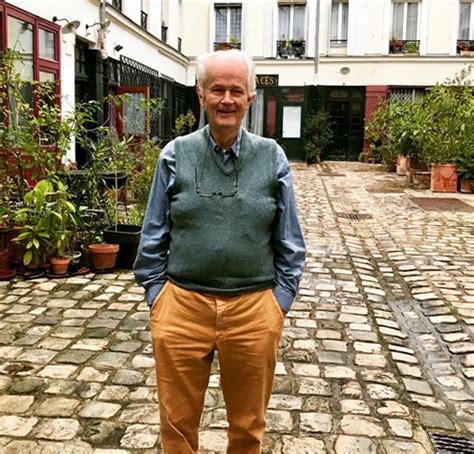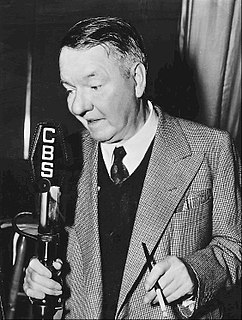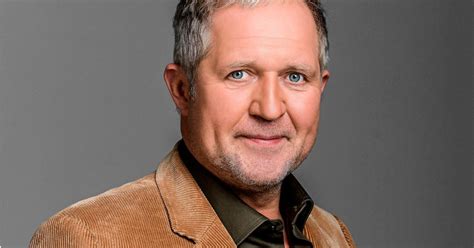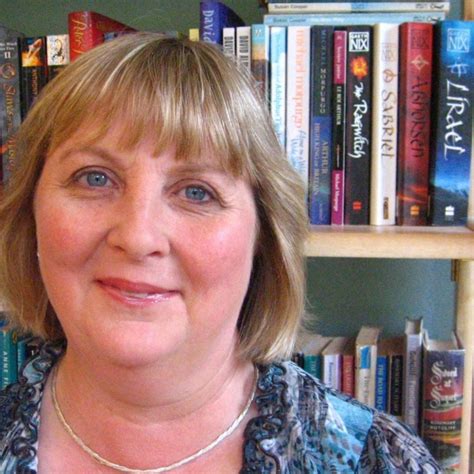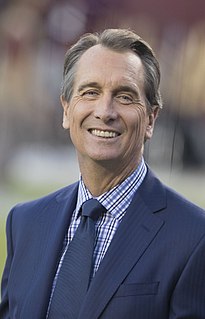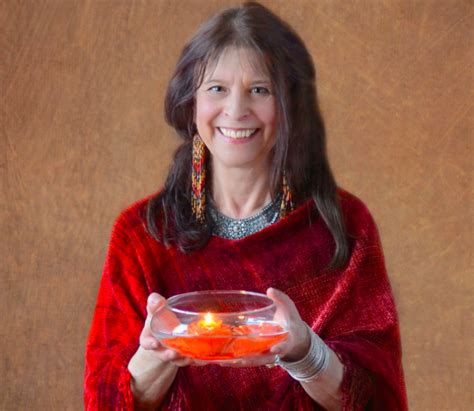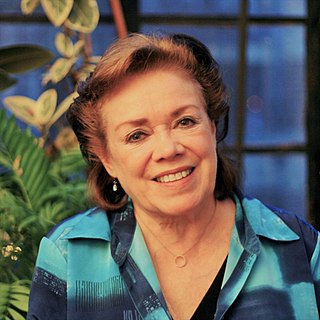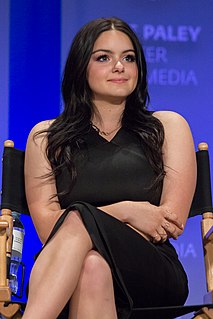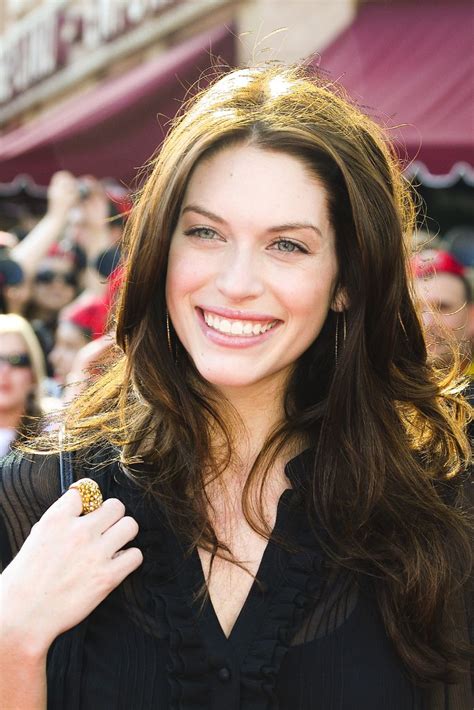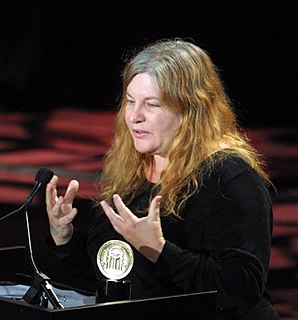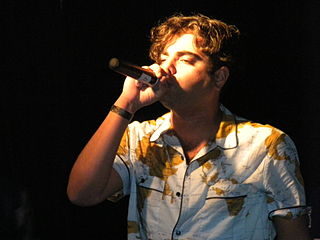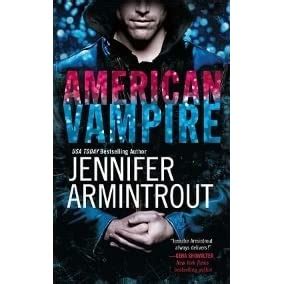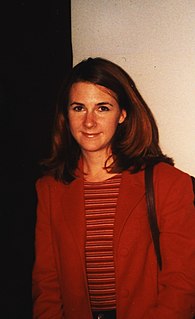Top 1200 Writing Stories Quotes & Sayings - Page 17
Explore popular Writing Stories quotes.
Last updated on April 21, 2025.
I want my stories to be something about life that causes people to say, not, oh, isn't that the truth, but to feel some kind of reward from the writing, and that doesn't mean that it has to be a happy ending or anything, but just that everything the story tells moves the reader in such a way that you feel you are a different person when you finish.
Kiran says (the shelf) is full of stories. If it is, then I like fairy stories. Fairy stories are fair. In them wishes are granted, words are enchanted, the honest and brave make it safely through to the last page and the baddies either have to give up their wickedness for ever and ever, no going back, or get ruthlessly written out of the story, which they hardly ever survive. Also in fairy stories there are hardly any of those half-good half-bad people that crop up so constantly in real life and are so difficult to believe in.
The truth of the matter was stories was everything and everything was stories. Everybody told stories. It was a way of saying who they were in the world. It was their understanding of themselves. It was letting themselves know how they believed the world worked, the right way and the way that was not so right.
I never have people tell me their stories. I usually have to figure them out myself. Because I know that if people tell me stories, they will expect them to be remembered. And I cannot guarantee that. There is no way to know if the stories stay after I'm gone. And how devastating would it be to confide in someone and have the confidence disappear? I don't want to be responsible for that.
My own writing has perhaps more of an American flavor than a British one, but that's because the stories I've so far written have needed it. 'Empire State,' 'Seven Wonders' and 'The Age Atomic' are all very place-centric, where the setting itself is almost a character. But there is a universality to story that isn't just limited to science fiction.
These are the moments. These are the moments where you realize love is everywhere if you look closely. When you realize happiness isn't next weekend, and it's not last week, it's right now. That was one of the best nights of my life. It felt good to know purpose. I lay in my bunk and I think of all the stories I'm in. I think about all the stories that are in my story. I think about all the stories that are left to be written. And it might be my favorite book yet.
I don't know that movies are important. But I know that stories are important. Movies may disappear. They've only been around, for God's sake, for the last hundred years... I think that it's the need to tell stories, and that people need to be told stories. It's the old sitting around the fire, you know.
I have been writing fairy tales for as long as I can remember. Not much has changed in terms of my natural attraction to the narrative techniques of fairy tales. My appreciation of them in the traditional stories has deepened, especially of flat and unadorned language, intuitive logic, abstraction, and everyday magic.
Remember on this one thing, said Badger. The stories people tell have a way of taking care of them. If stories come to you, care for them. And learn to give them away where they are needed. Sometimes a person needs a story more than food to stay alive. That is why we put these stories in each other's memories. This is how people care for themselves.
If I'm writing a novel, I'll probably get up in the morning, do email, perhaps blog, deal with emergencies, and then be off novel-writing around 1.00pm and stop around 6.00pm. And I'll be writing in longhand, a safe distance from my computer. If I'm not writing a novel, there is no schedule, and scripts and introductions and whatnot can find themselves being written at any time and on anything.
[Robert] Aikman would write horror stories that weren't gore, they weren't slashers, and they weren't monster stories either. He called them ghost stories. The main thing about them was the vibe. It was really disquieting. He wanted to sketch the scene so that you could see it and know the characters and get a feel for the motion - and then ask yourself why and not get a final answer. Leave something that itches. I loved that!
Writing is linear and sequential; Sentence B must follow Sentence A, and Sentence C must follow Sentence B, and eventually you get to Sentence Z. The hard part of writing isn't the writing; it's the thinking. You can solve most of your writing problems if you stop after every sentence and ask: What does the reader need to know next?
I know people who have suffered writer's block, and I don't think I've ever had it. A friend of mine, for three years he couldn't write. And he said that he thought of stories and he knew the stories, could see the stories completely, but he could never find the door. Somehow that first sentence was never there. And without the door, he couldn't do the story. I've never experienced that. But it's a chilling thought.
About a year ago I got really exhausted from reading bad scripts and I know that I am a writer and that I have stories to tell, so I thought, 'Let's do this!' So I'm co-writing a screenplay now with another screenwriter and loving it. Absolutely loving it. And I would like to be the producer on the project and of course the lead is me.

